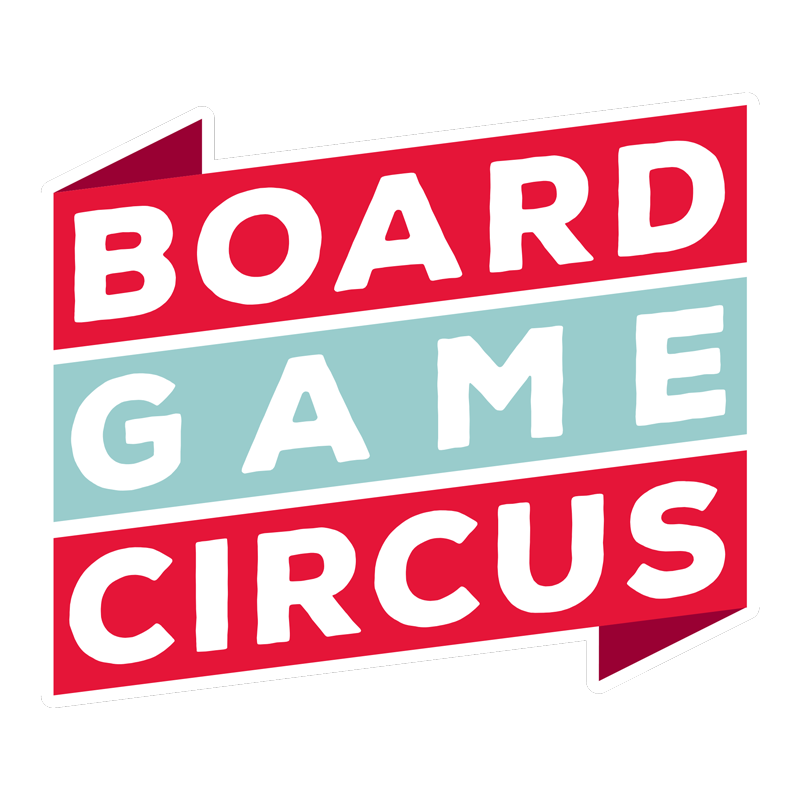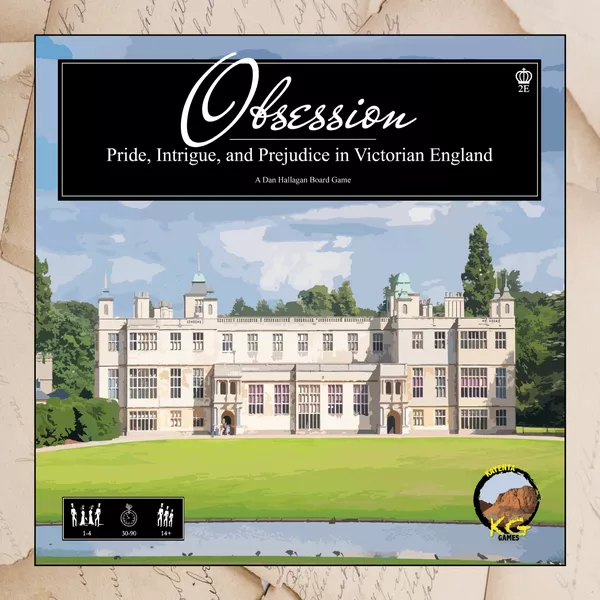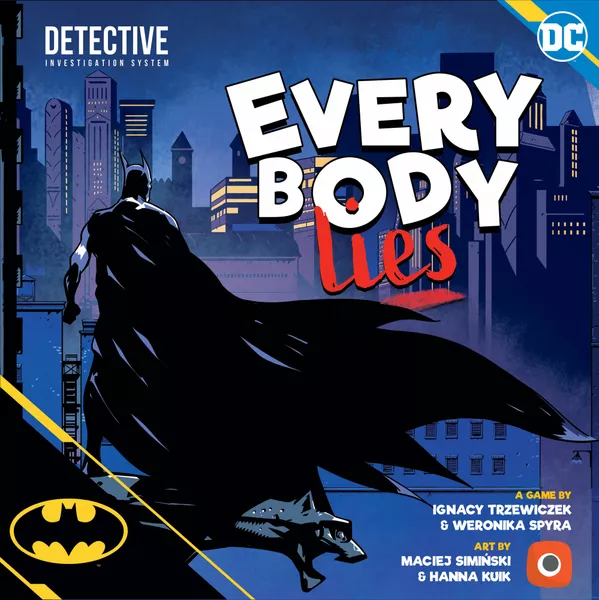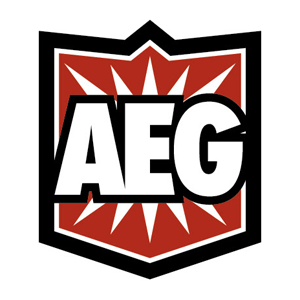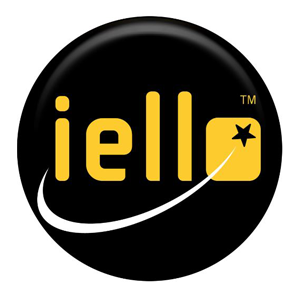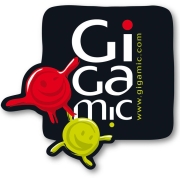Board Game Localization – Done Right
Reach more players by releasing your game in other languages!
For all your board gaming needs: Our experienced and dedicated team of translators has been providing board game translation, copy editing and DTP services for over 10 years. Rulebooks, components, marketing assets, crowdfunding campaign pages … you name it!
Our translation studio is powered by the publishing house Board Game Circus, so you can trust that we know our way around the board game business. We’ll use all of that expertise when we’re translating your game.
